 Study suggests immune response to anticancer checkpoint inhibitors unaffected by COVID-19 vaccination
Study suggests immune response to anticancer checkpoint inhibitors unaffected by COVID-19 vaccination
Immune checkpoint inhibitors perform comparably in vaccinated and unvaccinated individuals, allaying concerns that injections given to protect against COVID-19 will interfere with cancer treatment. Read More
 Marburg virus vaccine safe in small, first-in-human clinical trial: NIH
Marburg virus vaccine safe in small, first-in-human clinical trial: NIH
A study published in the Lancet on January 28 shows that an experimental vaccine against Marburg virus (MARV) was safe and induced an immune response in a small, first-in-human clinical trial. Read More
 Peptide suppresses inflammation in mice, spurs work to develop 1st targeted lung injury therapy
Peptide suppresses inflammation in mice, spurs work to develop 1st targeted lung injury therapy
A peptide has suppressed acute lung injury (ALI) in mice harmed by bacterial infection, revealing a path to developing the first targeted medical therapy for the condition. Read More
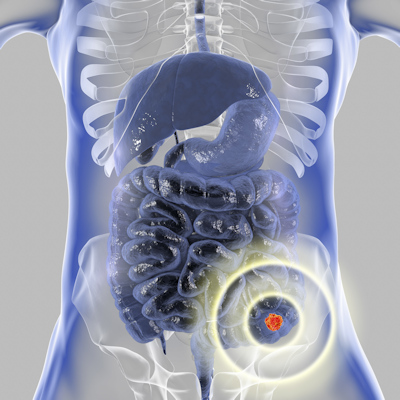 Initial colon cancer surgery may not be best course
Initial colon cancer surgery may not be best course
Southern China researchers unexpectedly found pre-surgery immunotherapy for a common type of colorectal cancer even more effective at early and mid-stages than its previously known high success rate in the metastatic stage of the disease. The study, published January 11 in JNCCN - Journal of the National Comprehensive Cancer Network, found that immune checkpoint programmed cell death 1 (PD-1) inhibitor treatment prior to surgery was significantly effective for patients with certain types of colorectal cancer. Read More
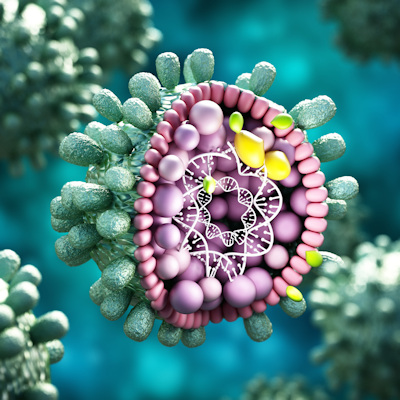 HBV vaccine developer Hookipa Pharma granted $5 million milestone payment under agreement with Gilead
HBV vaccine developer Hookipa Pharma granted $5 million milestone payment under agreement with Gilead
Hookipa Pharma, the developer of a new class of immunotherapies using an arenavirus platform, on Wednesday announced that it has been granted a $5 million milestone payment under a collaboration agreement with Gilead Sciences. Read More
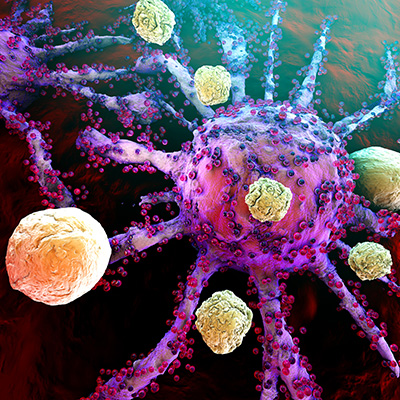 Exhausted cancer-killing cells help tumors by suppressing the immune system, study finds
Exhausted cancer-killing cells help tumors by suppressing the immune system, study finds
Exhausted T cells switch from attacking to helping cancers in low-oxygen environments, pointing to a new way to improve the efficacy of immuno-oncology drugs, according to a study published on Wednesday in Nature Immunology. Read More
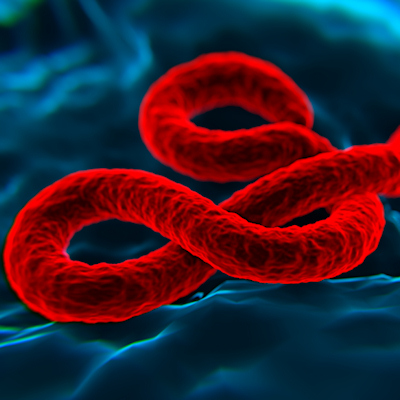 Ebola vaccine protocols found safe for all ages
Ebola vaccine protocols found safe for all ages
Two randomized, placebo-controlled trials evaluating three Ebola vaccine administration strategies in adults and children found that all regimens were safe in both age groups. The research, published last week in the New England Journal of Medicine, was conducted under the international consortium Partnership for Research on Ebola Vaccination (PREVAC). Read More
 Plant offers potential for massive scale production of COVID-19 tests, vaccines
Plant offers potential for massive scale production of COVID-19 tests, vaccines
Viral antigen-based diagnostic tests as well as various vaccines have been key tools in fighting COVID-19. Read More
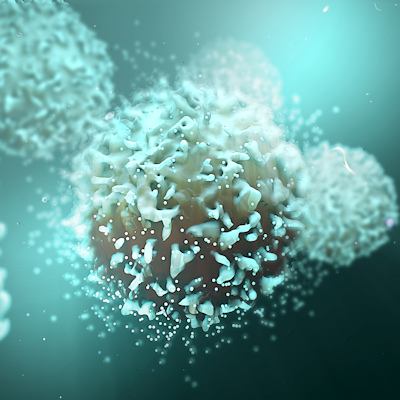 Analysis of T-cell receptors sheds light on cause of autoimmune diseases
Analysis of T-cell receptors sheds light on cause of autoimmune diseases
An analysis of T-cell receptors by researchers at the Washington University School of Medicine, and colleagues at Stanford University and Oxford University, has generated evidence that microbial antigens and self-antigens could play a pathogenic role in certain autoimmune diseases. Read More
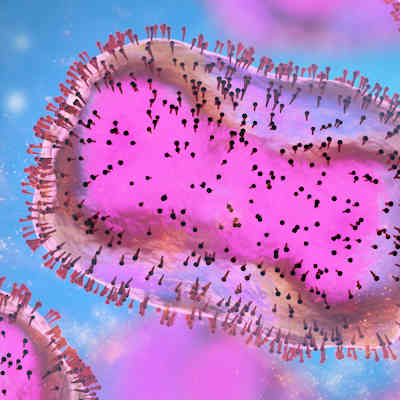 New research shows smallpox vaccine trains T cells to recognize mpox
New research shows smallpox vaccine trains T cells to recognize mpox
Scientists from the La Jolla Institute for Immunology have found new evidence that the vaccinia vaccine MVA-BN (brand name JYNNEOS) can train virus-fighting T cells to recognize the monkeypox (mpox) virus. Read More
Conferences
Science Briefs
Member Rewards
Earn points for contributing to market research. Redeem your points for merchandise, travel, or even to help your favorite charity.
Research Topics
Interact with an engaged, global community of your peers who come together to discuss their work and opportunities.
Connect
Tweets by @ScienceBoard






